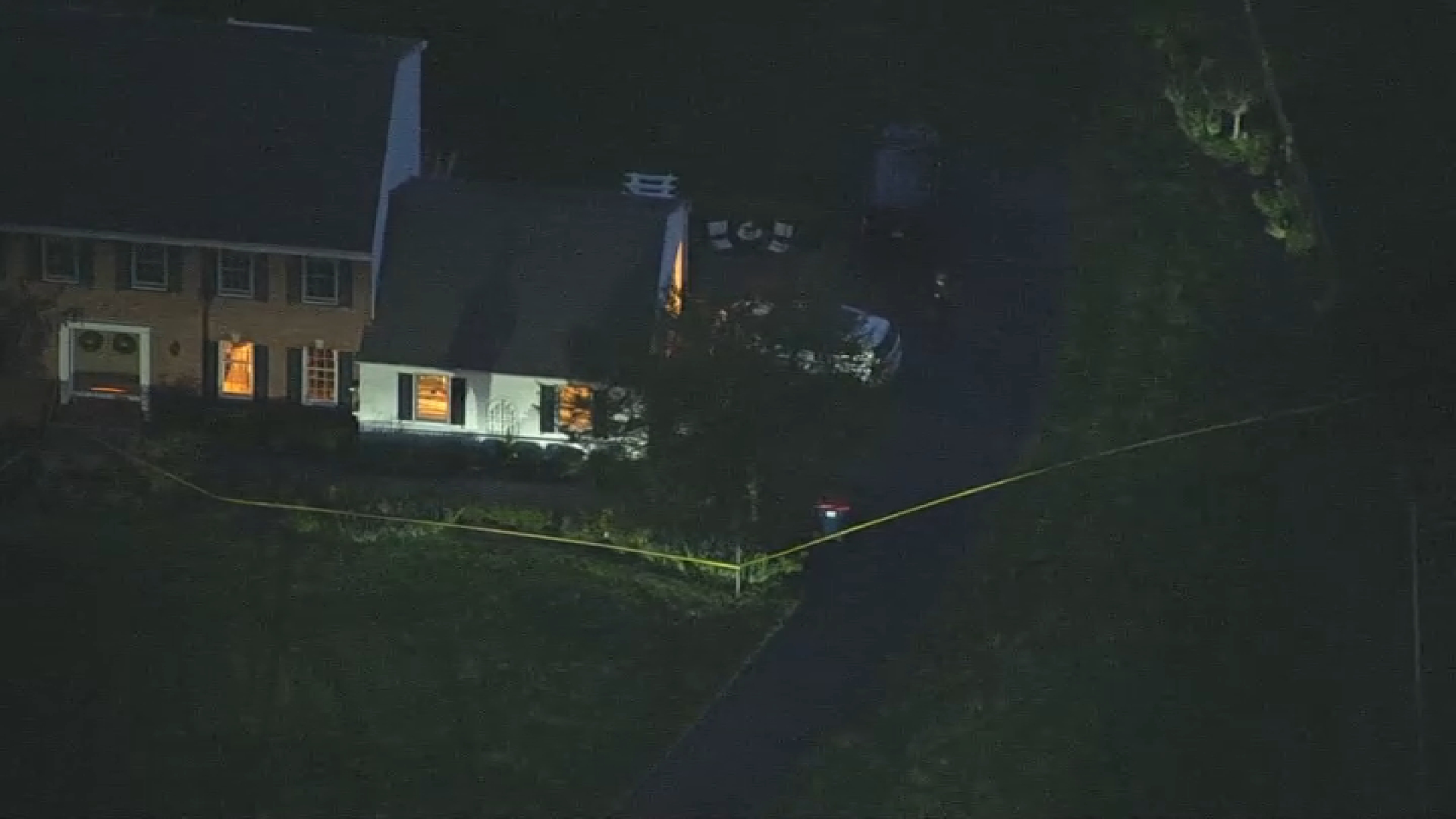New Jersey's latest state-mandated bear hunt is set to open Monday, with hunting permitted in more areas as the state ramps up its efforts to control its bruin population.
State wildlife officials tout the annual hunt as an important part of their bear management plan, saying it's needed to also help protect the environment. But it continues to draw fire from animal activists and other critics who claim it's inhumane and unnecessary.
The state recently expanded the areas where hunting will be allowed during the six-day event. Hunting will be permitted this year in all or portions of Hunterdon, Passaic, Morris, Somerset, Sussex and Warren counties, and portions of Bergen and Mercer counties.
Hunters harvested 272 bears during last year's hunt, according to the Department of Environmental Protection. State officials estimate there are 3,500 bears living in New Jersey north of Interstate 80 — a region known as "bear country" that's roughly the upper one-eighth of the state.
"Hunting is an important tool in maintaining an ecological balance with our black bear population and is necessary to reduce the potential for conflicts between bears and people, particularly in northwestern New Jersey, which has the state's densest bear population," state DEP Commissioner Bob Martin said.
Black bears serve an important role in healthy ecosystems. They can travel great distances and disperse the seeds of many different plant species while feeding on fruits and berries. They can also clear out small amounts of vegetation while foraging, which opens up space for other plants. But there are concerns some may be going hungry due to the bear population density being too high, officials said.
New Jersey resumed state-regulated bear hunting in 2003 after more than 30 years. Another hunt was held in 2005, and in 2010, the state instituted an annual hunt for each December through this year.
The state's policy changes include a new six-day season in October 2016, with three days reserved for bow hunting and the rest allowing bows and muzzleloaders. The new policy also permits extending the hunting season up to four days if poor weather or other conditions result in a reduced harvest.
Local
Breaking news and the stories that matter to your neighborhood.
Supporters note the number of bear-human incidents has dropped since the hunts started.
"With New Jersey being so populated with bears, we think it's just good, sound scientific management," said Pola Galie, president of the New Jersey State Federation of Sportsmen's Clubs.
Opponents, though, say there are better solutions.
"This new bear management plan does not include a real education plan and will only likely make bear incidents worse across the state," said Jeff Tittel, director of the Sierra Club in New Jersey.
Tittel said a "real management plan" should include enforcement of garbage management policies and laws prohibiting the feeding of bears. Activists have also called for using aversion therapy to modify undesirable bear behavior and birth-control measures to help keep the population under control.
Angi Metler, an activist involved in the Bear Education and Resource Group, said opponents have been staging events and protests to raise public awareness about their efforts to end what she called a "trophy hunt."
"We're working to stop the hunt and spreading the word that there are better ways to deal with bears," Metler said.
Some protesters also plan to walk through wooded areas while the hunt is taking place.
"We are dedicated to our bears, and we will be in the woods with them until the hunters stop shooting," said animal activist Cathy McCartney of Vernon.
The hunt comes amid renewed interest in bear welfare that was fueled by Pedals, an injured bear seen walking upright in northern Jersey. The ambling animal gained fame after being caught in videos posted on social media and played on national television.
Activists worry the bear's health has declined and fear it might not survive a harsh winter, though forecasters say this winter will likely not be as cold as last year. They doubt the bear can run, climb or defend itself, or even eat properly, and fear it could be among those killed in the hunt.



